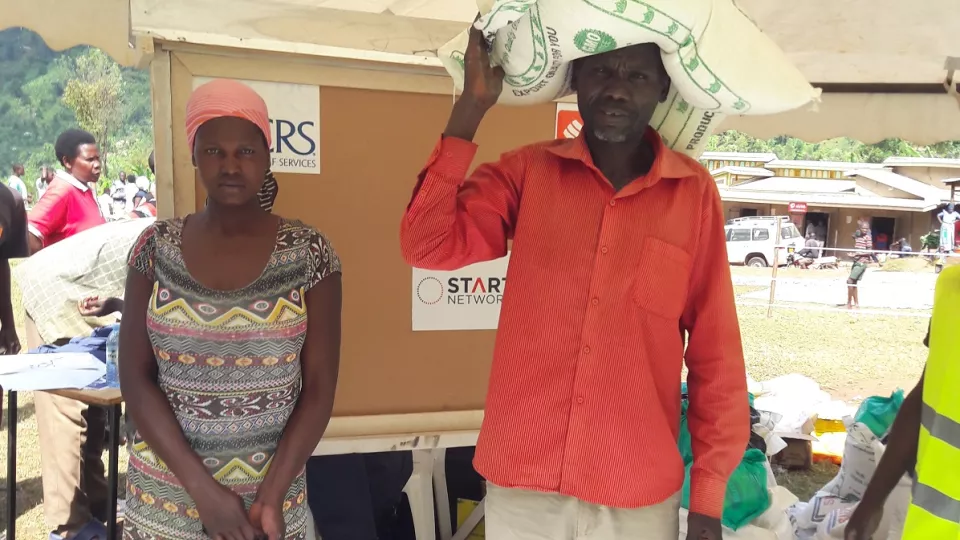
Start Fund: Highest number of awarded responses in a single month
The month of October saw the highest alerting and activated month in the history of the Start Fund, where 13 alerts out of 15 were activated.

The month of October saw the highest alerting and activated month in the history of the Start Fund, where 13 alerts out of 15 were activated.
WNow that we have fostered innovations in our four Innovation labs, what are the next steps to take these inventions up into global scales?
The monthly risk briefing provides information on global weather, volcanic, human and health events where members may consider using the Start Fund’s Crisis Anticipation Window. It reports on new, emerging or deteriorating situations; therefore, ongoing events that are considered to be unchanged are not featured and risks that are beyond the scope and scale of the Start Fund are also not featured. This monthly risk briefing is collated by the Start Network Anticipation team using information from academia and research institutes, government departments, ACAPS, global risk indexes, risk information provided by Start Members and their partners, and the media. Key risks are shared and collated each month with FOREWARN input.
Lets Start Evolve! Learn about the emergence of our first set of Start Network Hubs.
Funding opportunities nowadays are often competitive. How can the Start Network collaborate with its members (and their “family members”) to take advantage of such opportunities, rather than find themselves in competition with them?
Imagine, a global tiered due dilligence database that allows global transparency in the way aid works.
In 2016, a €50,000 grant to Start Network from the government of Estonia, which is leading the world in its drive to adopt the new technology, enabled us to pilot blockchain for humanitarian financing. So, in 2017 Start Network formed a partnership with a start-up social enterprise Disberse to push forward our plan to test blockchain in the delivery of humanitarian finance. Using the Disberse platform, we set out to test blockchain in a series of small disbursements. The pilot involved the creation of digital wallets on the blockchain that donors could use the transfer funding to NGOs, the NGO could then use its digital wallet to transfer the funding onto country teams. Through the pilot, we aimed to prove that blockchain could potentially be used to speed up the distribution of aid funding and trace exactly how it is spent. In this 'Blockchain Pilot II: summary of lessons' piece the Start Network, Disberse, Trócaire Ireland, Trócaire Rwanda and Caritas Rwanda review the lessons learnt during the implementation of the pilot analyse whether blockchain helped to make the delivery of humanitarian aid more effective, transparent and accountable
Learn more about mixed migration flows, and how the MERF has been responding to those needs.
Disaster risk financing and drought financing - all tools that we want to incorporate into the way humanitarian aid is managed. These will help us literally insure against damages to human life if a disaster was to strike.
Learn how many people have been reached with the Crisis Anticipation Window and how we have been able to act before and disaster struck.